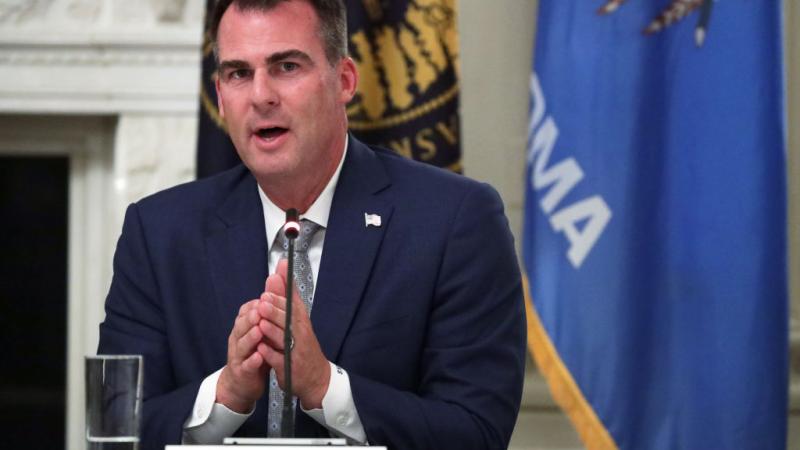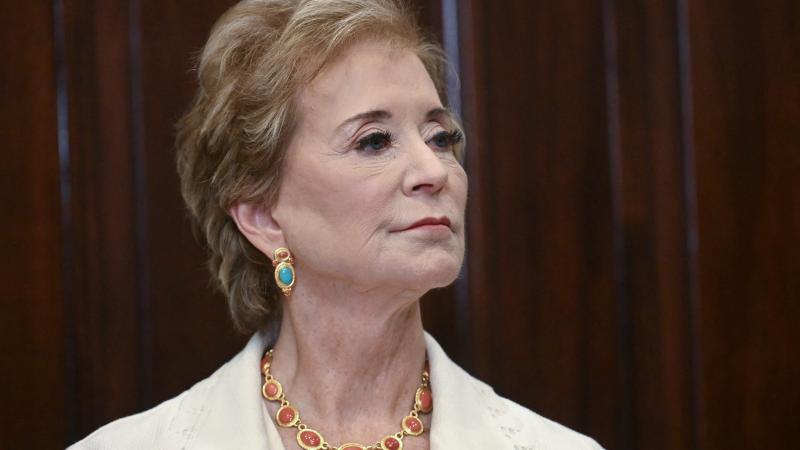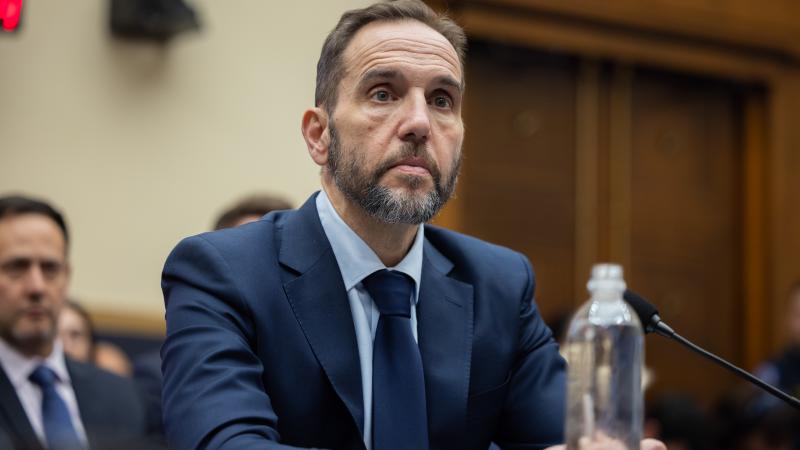Parents of special-needs kids fight for school transparency on gender identity, right to record
Federal appeals court ruling would prevent recording of virtual meetings in the home, where "egregious constitutional or legal violations are more likely to occur," SCOTUS petition says.
Parents of children with legally recognized special needs are fighting school districts for transparency on how they are treated, including with regard to gender identity, in lawsuits from the lowest to the highest federal courts.
Their resolution could determine not only what public schools must divulge to parents about their own children but whether Americans may hold public officials accountable by documenting their interactions outside of traditional public settings.
The Supreme Court petition by the Goldwater Institute seeks to resolve a split in the federal circuit courts of appeals over whether "recording public employees doing their jobs is inherently expressive, and therefore constitutionally protected per se," regardless of other conditions, as four circuits recognize.
The 1st Circuit joined five others this year in the Goldwater case, on behalf of Massachusetts parent Scott Pitta, by finding that recordings must be "of a type or of such inherent public interest that it will be used in future communications of public import."
That gives public officials an upper hand in the proliferation of virtual meetings that followed COVID-19 school closures and remained through reopenings, the setting for Pitta's interaction with school employees concerning his son's autism.
It would "essentially require people to predict the future; nobody knows when a video recording might become an important document to share with others," Goldwater said in a statement.
A new lawsuit by the Child and Parental Rights Campaign (CPRC), on behalf of Pennsylvania parent Michelle Landerer, argues public schools violate the First and Fourteenth Amendment rights of parents by socially transitioning their children to gender identities at odds with their sex.
The Dover Area School District knew that Landerer's 14-year-old daughter "O.G.," a victim of unspecified "sexual trauma," had been diagnosed with post-traumatic stress disorder, attention deficit disorder and general anxiety disorder yet secretly called her by a male name and pronouns, which is "antithetical to her health and well-being," according to the suit.
Landerer's 11-year-old son remains in the district, posing an ongoing harm to the mother, the suit says.
The district declined to comment to Just the News, saying it hadn't been served the suit yet. CPRC answered a request for the specifics of the girl's trauma but did not provide further detail.
Rhode Island parent activist Nicole Solas is still trying to uncover the identities of adult advisers to the LGBTQ students clubs known as Genders and Sexualities Alliances, 10 months after filing a public records complaint, she wrote on X this week.
Solas posted her correspondence to the office of Attorney General Peter Neronha, who has publicly defended muting Solas, other critics and this reporter on X as legally permissible.
She asked Neronha's office for an update on its explanation three months ago that it had to review "relevant statutes and case law" to determine whether the names of public school volunteers are covered by the Access to Public Records Act. Solas wants to know whether the office has adjudicated "more complex" complaints filed since hers.
Goldwater's SCOTUS petition urged the high court to take the case to recognize a First Amendment right to record public officials in their official capacities "wherever the recording party is lawfully present, such as in his own home."
That's where parent Pitta was in a series of meetings with Bridgewater Raynham Regional School District over Google Meet two years ago, concerning his request to continue his son's "individual education program" against the district's wishes.
The Individuals with Disabilities Education Act (IDEA) requires districts to consult with parents of special-needs children to develop IEPs, also known as individualized education plans.
Pitta decided to record after noticing the district omitted information in his favor from the minutes of two prior virtual meetings, in which "some" school employees said the boy still needed an IEP and others admitted "they had no data" to justify ending the IEP.
The district declined to fix the minutes and would consent only to recording the audio from meetings, which would not "indicate who was speaking," without explaining why only video was "invasive."
Special Education Administrator Dina Medeiros terminated the Sept. 20, 2022, meeting when Pitta said he would record it, and the district has refused further meetings "solely" for that reason, the petition says.
The 1st Circuit's novel determination that public officials can be recorded only in "indisputably public places in full view of the public," when it "would serve public interests," precludes the setting where a person "has the greatest possible interest in making such a recording" and the government "the least possible [opposing] legitimate interest," Goldwater argues.
"It’s certainly anomalous to say that a person has a constitutional right to record an interaction with a government official on the sidewalk outside her home" but not where "egregious constitutional or legal violations are more likely to occur" and "nobody else will be in a position to record them," such as warrantless home searches, the petition says.
The district has even less reason to oppose recording because "the meeting was necessary to develop the IEP for the child" and "statutorily required" by IDEA, it says. Pitta wanted to record to "ensure an accurate record while simultaneously conveying a message of distrust to the government employees."
The CPRC lawsuit says Landerer's daughter has an "accommodation plan" under Section 504 of the Rehabilitation Act, an earlier law than IDEA, due to her diagnosed conditions.
It alleges the mother learned the district was treating her daughter as a boy only at the start of the 2022-2023 school year, when a teacher asked her son how his "brother Caleb" was doing.
That's also when the girl, who was a student in the district from 2016 through 2023, told her private counselor she thought she was transgender, at which point the counselor and mother started "working through her feelings with her."
Unbeknownst to them, O.G. had made the declaration at school the prior school year and an "emotional support teacher" was already meeting with the girl regularly to affirm her new gender identity.
When her mother objected, the girl said "she felt pressured to continue using the male name and being identified as a boy because that was now how District personnel at school regarded her."
Landerer told Principal Tuesday Hufnagel, backed by the girl's therapist, that school employees must address O.G. by her given name. "There is NO room for discussion about this matter." Hufnagel confirmed employees would only call the girl by her given name in her mother's presence, the suit alleges.
The district shows "reckless disregard" for parents' 14th Amendment due process rights to "direct the upbringing, care, custody, and control of their children," including mental health and medical decisions, according to Goldwater
It enforces a "standardless, ad hoc policy" that gives administrators and staff "unbridled discretion" over information about their children's condition and lets them carry out "mental health intervention[s]" through social transitioning, even without facilitating medical transitions.
The district is infringing Landerer's free-exercise rights as well because of her "sincerely held religious beliefs" that human sex can't be changed, "individuals are to speak the truth" on sex, children must "obey and respect" their parents, and parents have the "non-delegable duty to introduce and teach their children about issues related to sexual identity," the suit says.
The Facts Inside Our Reporter's Notebook
Links
- Supreme Court petition by the Goldwater Institute
- Goldwater said in a statement
- new lawsuit by the Child and Parental Rights Campaign
- uncover the identities of adult advisors to the LGBTQ students clubs
- Solas posted her correspondence
- publicly defended muting Solas, other critics and this reporter
















